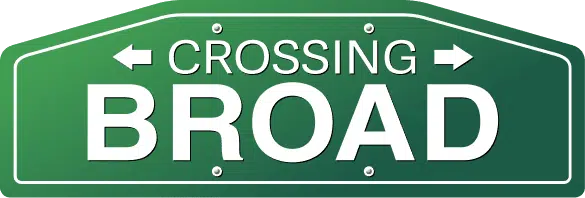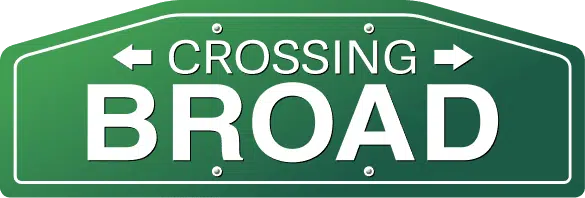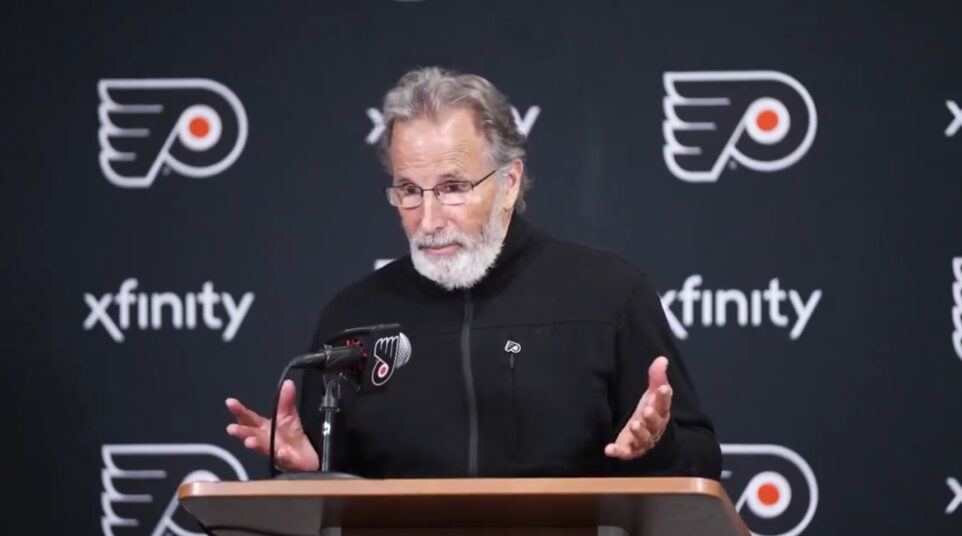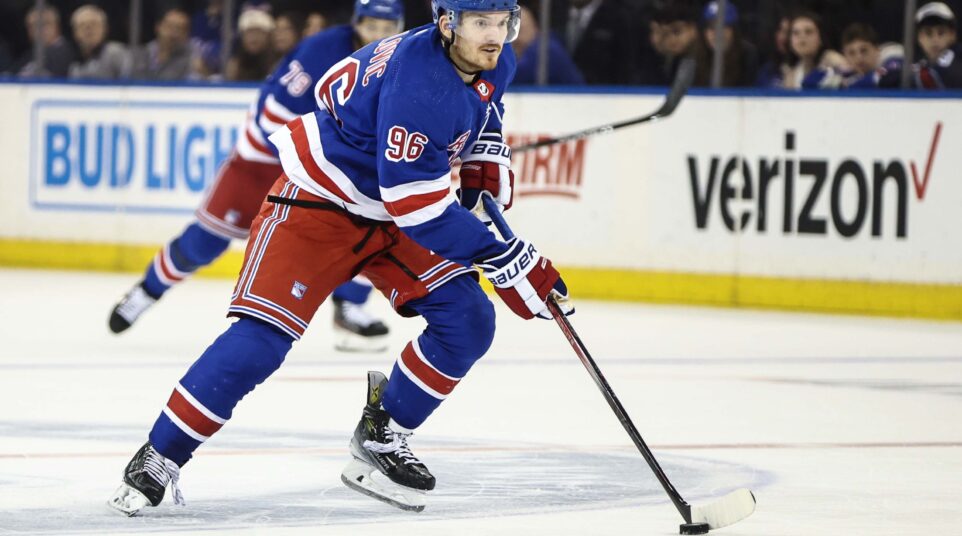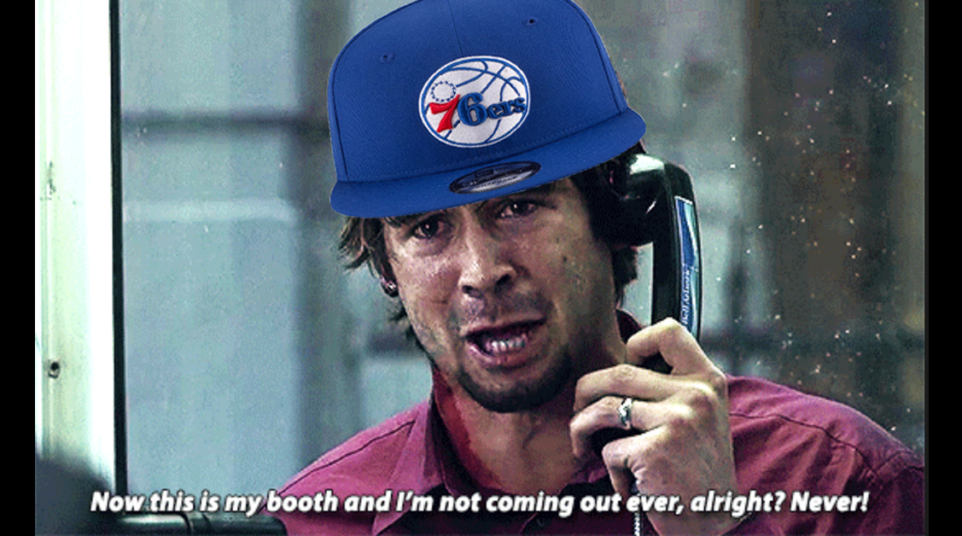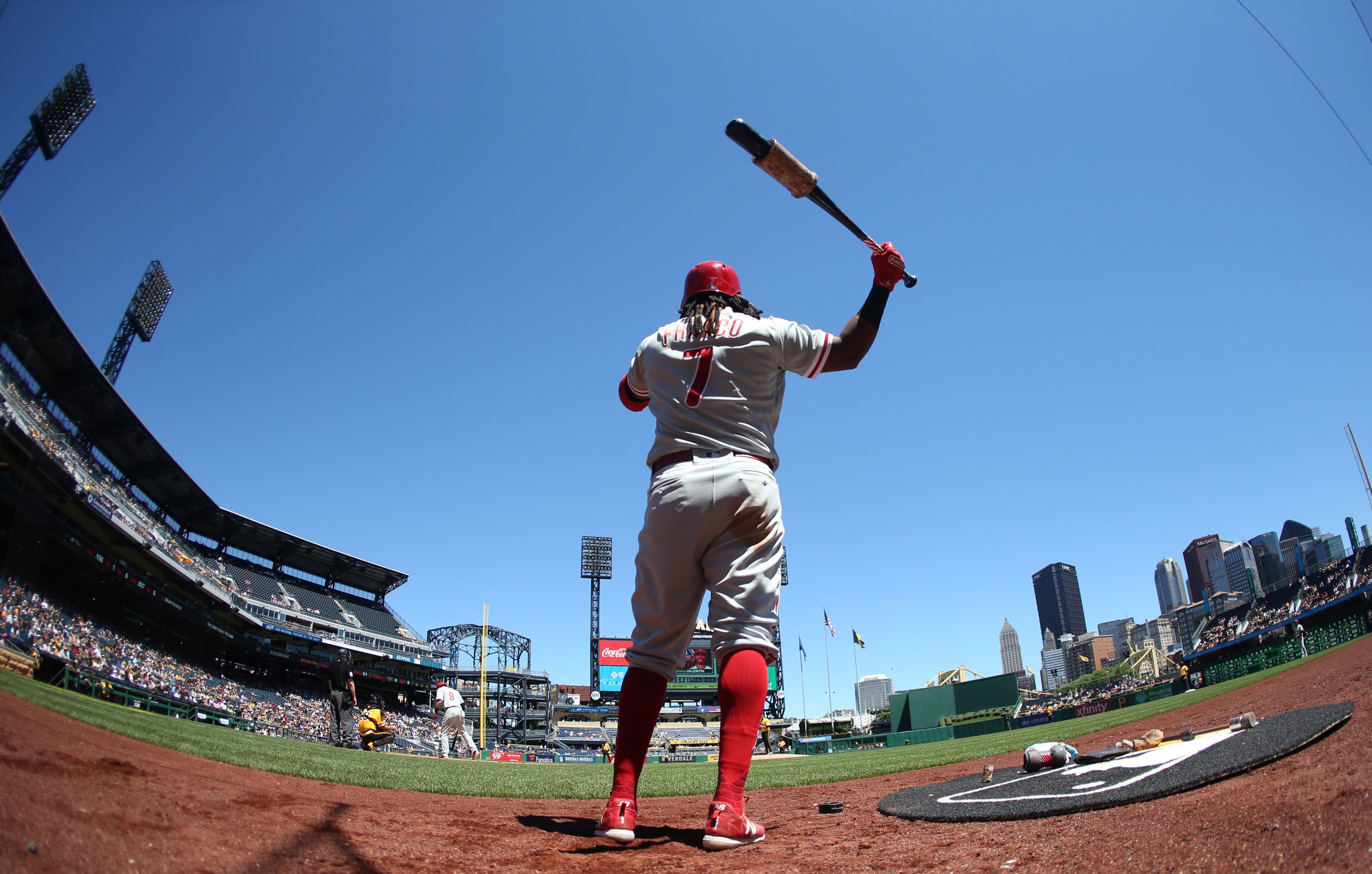
Maikel Franco’s Improved Play is Coming at Exactly the Right Time
We’ve been down the Maikel Franco road to redemption before, only to find that the road always leads off a cliff of two-hoppers to shortstop and missed sliders that spin low, away, and out of the strike zone.
The promise he showed in 80 games as a rookie three seasons ago has long been replaced by disappointment, and there’s a sense of permanent resignation that we have already witnessed the best of what he has to offer. But a funny thing has happened in recent weeks as the Phillies have climbed back atop the NL East. While there’s been increased speculation that the team is looking to upgrade at third base ahead of a potential playoff push, Franco has given the Phillies an unexpected offensive boost.
While his .269 batting average, 10 homers, and 40 RBI don’t jump off the stat sheet, he’s suddenly putting together a quality offensive season and is at least giving the team something to think about ahead of the July 31 trade deadline. In 19 games since June 16, Franco has hit .370 with a .433 OBP% and 1.026 OPS. He has the fifth-best batting average in all of baseball during that same stretch. To quantify his offensive performance from a Phillies perspective, his .761 OPS is currently higher than that of Cesar Hernandez (.760), and is fourth-best on the team behind only Rhys Hoskins (.855), Odubel Herrera (.804), and Carlos Santana (.784).
Franco can thank his dramatic improvement against hard stuff for his revival. He is hitting .349 against four-seam fastballs, up from .233 a season ago. He’s hitting .273 against cutters, which is up 144 points from his .129 average last season. Here’s a look at his OPS over the last two seasons by pitch type:
What this table shows us is that he’s struggled against the changeup, and he has somehow managed to perform worse against sliders in 2018, which almost seems impossible, but he is managing to do major damage against the fastball and that has carried him to this point.
Now, if you’re not buying his recent resurgence, I can’t say that I blame you. Still, as the team decides on the futures of players like Scott Kingery, JP Crawford, and Cesar Hernandez, Franco’s recovery is at least worth consideration. Thus, the Phillies’ decision-makers have to quickly evaluate and answer the following two questions:
- Is it possible that Franco is evolving as a hitter and could reasonably improve upon or maintain these numbers?
- Does the acquisition of a player such as, say, Mike Moustakas or Adrian Beltre provide a significant upgrade at third base for the remainder of this season?
If the answer to question number two is “yes,” then add a third one:
3. Is the upgrade significant enough that it warrants the utilization of their trade resources over other areas of need?
Ultimately, this is a good dilemma to have. Franco’s improved recent play has been a huge bonus for the Phillies, and it’s one that has come at exactly the right time. Now Matt Klentak and company must decide whether he can be a key contributor over the next three months, or a trade chip with unexpected increasing value that can be leveraged in exchange for a difference-making upgrade.
